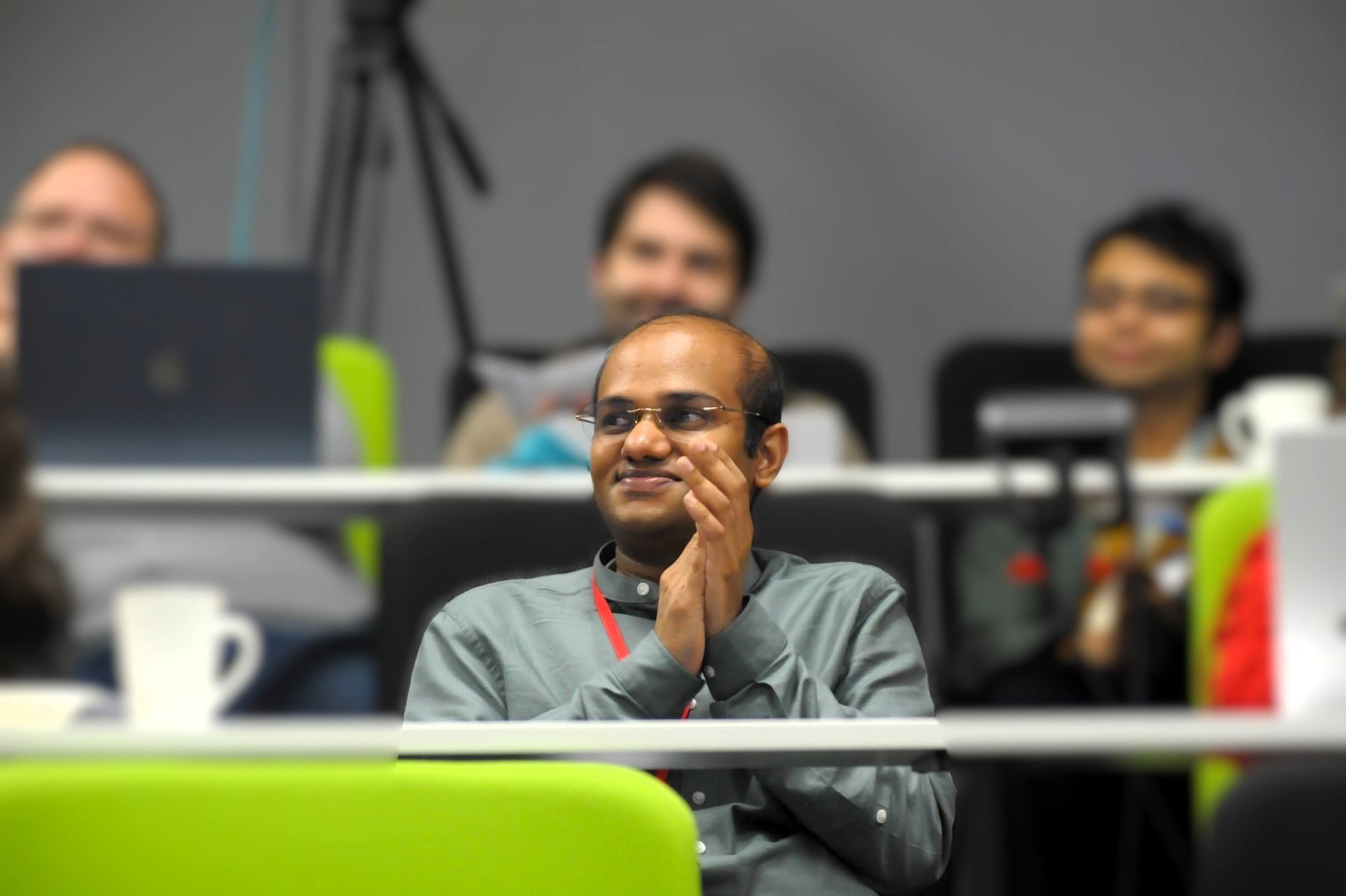Bryn Noel Ubald
Deliberations of a researcher turned RSE
I am a Research Software Engineer (RSE) at the British Antarctic Survey
Working on utilising AI for Sea Ice and wind forecasting.
Kingston-Upon-Thames, Surrey, UK
About me
I am an RSE within the Digital Innovation Team at the British Antarctic Survey, Cambridge, UK.
Before joining BAS, I was a Research Associate at The Alan Turing Institute, London, UK, working on Machine Learning and engineering cases, working as a research software on open-source software, 3D modelling/rendering with Blender and more.
Prior to this, I successfully attained a PhD in Computational Fluid Dynamics at the University of Cambridge researching instrumented turbine blades with a combination of high-fidelity CFD methods and solvers, developing parallel codes for numerical analysis, mesh morphing and post-processing using Python, C++ and Fortran.
Latest blog posts
View all posts »Random thoughts and things I've been working on.
Work experience
Research Software Engineer
British Antarctic Survey, Cambridge, UK
2023 - Present
• Software development lead on probabilistic deep learning sea-ice forecasting system, Icenet.
• Development of IceNet Pipeline.
• Integrate PyTorch Lightning and Jax/Flax based models.
• Visualisation Dashboard development.
• Software development of ML based Climate forecasting pipeline development.
• Software carpentries training delivery.
Research Associate
The Alan Turing Institute, London, UK
2020 - 2022
• Applying Machine Learning (Gaussian Processes) on physical fluid flows
• 3D modelling/rendering with Blender.
• Plotly Dash webapp applying object detection for borescope images from jet-engines for user-uploaded videos.
• Unity game engine prototype VR app development.
Mentor
Google Summer of Code
2021 - 2021
• Mentor Google Summer of Code project, development of web dashboard app for client usage on uncertainty quantification using equadratures as the backend.
Teaching Support
University of Surrey, Guildford, UK
2015 - 2015
• Introduce Aerodynamics and relevant research work to Year 10 and A-Level students from local schools over several weeks at the EnFlo department.
• Introducing presentations, conducting wind tunnel based aerofoil experiments and simulating pollutant dispersion in the EnFlo national wind tunnel for students.
Research Engineer
University of Surrey, Guildford, UK
2014 - 2014
• Summer research project analysing environmental flows and dispersion around London’s Marylebone Road in an atmospheric wind tunnel.
Programmes Intern
GE Aviation, Hamble, UK
2012 - 2013
• Creating Bill of Materials and listing their methods of manufacture using engineering drawings.
• Creating financial models for negotiation with customers.
Education
PhD Candidate in Computational Fluid Dynamics
University of Cambridge, Cambridge, UK
2015 - 2019
• Researching instrumented turbine blades loss sources with a combination of high-fidelity CFD methods, including conjugate effects undertaken with the guidance and support of Professor Paul Tucker.
• Developed parallel codes for numerical analysis, mesh morphing and post-processing using Python, C++ and Fortran.
Master of Engineering in Aerospace Engineering
University of Surrey, Guildford, UK
2010 - 2015
• Graduated with First Class Honours as top of the class.
• Wind tunnel pollution modelling in environmental wind tunnel of Marylebone Road, London.
Skills
Some of the skills I have acquired over the years (Some maybe forgotten...)
4+ years of experience with Computational Fluid Dynamics
4+ years of experience with 3D complex meshing using ICEM, Pointwise, BoXer, GridPro
Experience in Bayesian inference using PyMC
Awards & Honours
UK Fluids Network Photo & Video Competition
University of Cambridge
May 2021
• 1st prize awarded for Q-criterion render of LES of instrumented cascade turbine blade.
• Runner-up prize awarded for video of Q-criterion of LES of instrumented cascade turbine blade.
ZEISS Engineering Department Photography Competition
University of Cambridge
Sept 2017
• 1st prize awarded for photo of LES of turbine blade with leading edge instrumentation.
The Hector Wainwright Aerospace MEng Prize
University of Surrey
2015
• Prize awarded for graduating with the highest grade in Aerospace Engineering (MEng).
The Royal Aeronautical Society Templar Prize
University of Surrey
2015
• Prize awarded by the Royal Aeronautical Society Farnborough Branch for distinguished performance on the MEng Aerospace programme.
Surrey Performance Scholarship
University of Surrey
2015
• Awarded for first class marks.
EPSRC Summer Research Bursary
University of Surrey
2014
• Awarded for research into wind tunnel modelling of flow dispersion behaviour.
Surrey Performance Scholarship
University of Surrey
2012
• Awarded for first class marks.
Surrey Performance Scholarship
University of Surrey
2011
• Awarded for first class marks.
